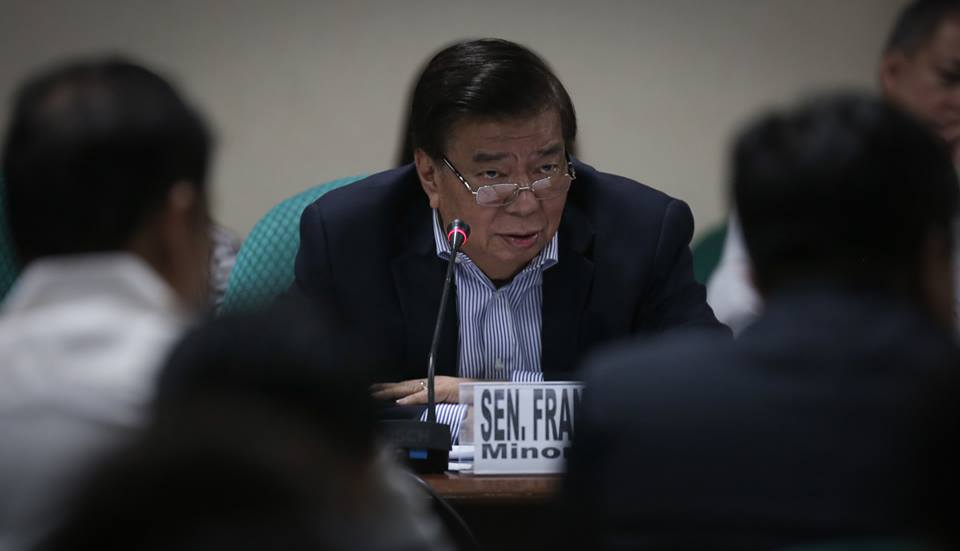
MANILA — Senate Minority Leader Franklin Drilon on Friday reiterated his support to the implementation of the Philippines Identification System Act (PhilSys Act), stressing that a national ID system could help prevent fraudulent transactions, like the “ghost dialysis” controversy.
The new law, authored by Drilon, mandates the establishment of a single national identification system for all Filipinos, here and abroad, to enhance the delivery of basic services to the public and eliminate corruption, among others.
Just recently, Malacañang announced that the government will pilot test the national ID system from September to December this year.
“Once the national ID system is in place, agencies tasked to disburse public funds for the benefit of claimants, including PhilHealth, Social Security System, the Government Service, and Insurance System, and the Philippine Veterans Affairs Office, among others, can readily verify information about the claimant before they disburse public funds,” Drilon said.
He said this is because the implementation of the national ID system will provide for a mechanism, or a system, to verify the existence of a person, most importantly whether the claimant is alive or not, or whether the transaction is fraudulent or not.
He pointed out that the law’s implementing rules and regulations clearly provided that the death of the registered person would cause the deactivation of the person’s permanent identification number.
“That could potentially eliminate fraudulent transactions such as what happened in the ghost dialysis treatment controversy,” Drilon said.
Meanwhile, Drilon urged the Philippine Statistics Authority (PSA) to “enhance its data sharing capability” following allegations that the agency refused to confirm whether the patients of a dialysis center claiming benefits with PhilHealth had died.
He said the death of a person is not a privacy issue since PhilHealth’s knowledge of a person’s death does not pose any danger to the deceased or his or her family.
He added that death is not sensitive personal information that PSA should withhold, particularly if it involves the disbursement of public funds.
“However, it is very important for PhilHealth and other agencies disbursing public funds for the benefits of claimants to know in order to verify the legitimacy of a claim and prevent fake, illegal and fraudulent transactions,” he said.
“The ghost dialysis treatment controversy that caused the government billions of pesos could have been prevented by the simple sharing of data among the agencies. Thus, the establishment of a single national ID system, coupled with effective data sharing between and among government agencies, could help prevent fraudulent transactions from arising in the future,” Drilon said.